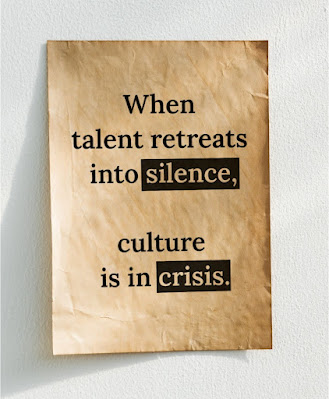Mortality Leadership Competence Theory: Identifying and resetting System-Death in Learning Organizations

By USA Radical Black - An Urban Educational Think Tank (columnist include Don Allen) When a human body expires, all that remains is a lifeless shell that once held the vibrancy and identity of an individual. Similarly, in many learning organizations, we witness a high “mortality rate” in leadership competence—leaders who, though physically present, lack the necessary vitality, innovation, and insight to drive positive outcomes for students and families. This stagnation comes at the expense of students and communities, who count on schools to be more than just custodians of their children’s time; they expect educational institutions to be engines of knowledge, growth, and preparation for future success. Yet, as data increasingly reveals, the systems entrusted with shaping young minds are often hollow, devoid of best practices, creativity, and effective output. Mortality Leadership Competence , a term introduced by Don Allen, Ed.S., M.A. Ed., MAT, challenges us to confront the sobering ...





